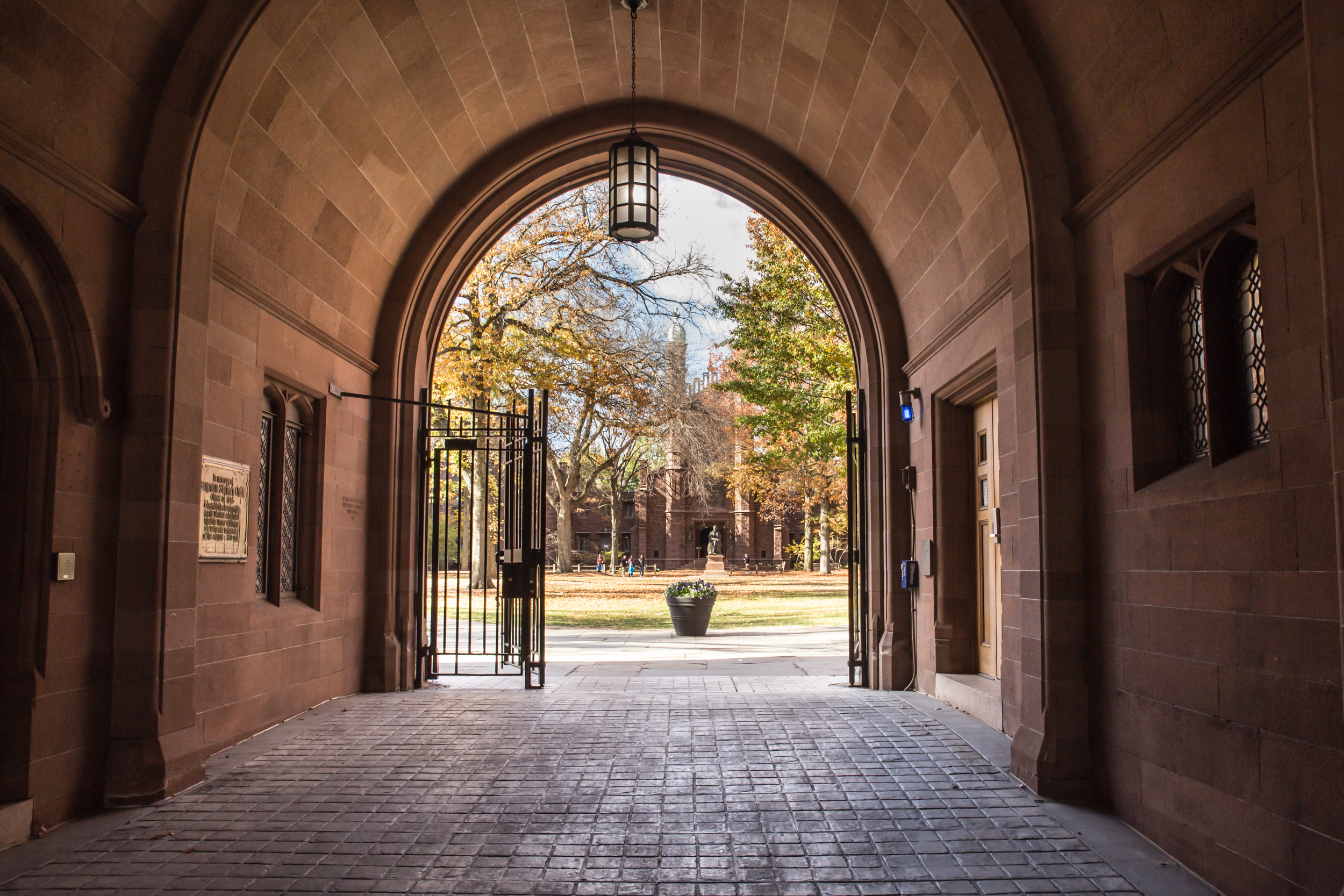What kind of a world do we live in where very wealthy people—who will already pass enormous economic and social capital off to their children (and at a very low tax rate!)—are driven to lie and cheat to get their children into elite colleges?
Paying half a million dollars–or in one case, $1.2 million—and breaking numerous laws is an act of desperation. But evidently, these were risks worth taking. Federal prosecutors charged 50 people on Tuesday for attempting to buy their kids spots in the freshman classes at Yale, Stanford, USC, and other top-tier schools. Several of the indicted are Hollywood celebrities, including Felicity Huffman, Lori Loughlin and her husband, Mossimo Gianulli. Others are wealthy businesspeople.
Their kids have every advantage in the world. Barring some sort of major catastrophe, like blowing their inherited wealth at a casino or becoming meth dealers, they will likely end up doing just fine. Yet their parents apparently thought their children’s only path to success and sustainable wealth was through the doors of these particular universities.
The main story at the moment is the use of wealth to cheat—and at the direct expense of kids whose parents were either too ethical or not rich enough to afford a scheme like that. But the motivations behind this crime are the same that have driven the exponential growth rate of applications to premier colleges every year. Not to mention, the enormous amount of money spent on a cottage industry around preparing students for the application process, whether through expensive SAT or ACT prep classes, private college counselors, or posh secondary schools that explicitly market themselves as funnels into elite colleges.
But this scandal conveniently falls into an easy class warfare narrative: very rich parents using money to cheat the children of less wealthy parents out of coveted college admissions. It’s not exactly clear why these parents didn’t just bribe schools the legal way: write a big check to the school at the same time their kids were applying. (See, for example, Jared Kushner.) As our Editor in Chief Paul Glastris said Wednesday morning on Hill TV, “It’s not an open quid pro quo, but you have a very good chance at getting your child in the school.”
Washington Monthly editor-in-chief @glastris says college admissions scam is an “illustration” of higher education problems. https://t.co/vUdBwvoXs3 pic.twitter.com/RsQOv2piYW
— HILLTV (@HillTVLive) March 13, 2019
While this class warfare narrative is valid, there is another class warfare story that I think has stronger explanatory power: the battle between the 1 percent and the .01 percent.
Half a million dollars or $1.2 million is a lot of money, but that’s not nearly the kind of money that gets rich schools’ attention. Kushner’s father donated $2.5 million to Harvard in 1998, which, adjusted to inflation, is $4 million in today’s money. Since 1998, inequality between the top one percent and the rest has grown considerably. But the gap between the 1 percent and .01 percent has become nearly insurmountable. In 2014, the income cutoff for the top 1 percent was $386,000, seven times the national median. The top .01 percent’s was $7 million, eighteen times larger.
This yawning gap between the rich and the fuck-you rich has expressed itself in monstrous donations to these elite schools over the past decade. In 2014, Harvard received an individual donation of $350 million, its biggest ever. The next year, it got a $400 million individual donation. It might be safe to say that the cost of gaining a favorable judgment of your child’s application from elite admissions committees has gone up. In other words, only the top .01 percent can actually bribe these schools the old-fashioned legal way. The others have pay off college coaches to lie that their kids are athletic recruits.
This scandal is indicative of the state of higher education these days—overly obsessed with the most selective schools that don’t actually educate the vast majority of the American public. In fact, More than 90 percent of higher-ed students don’t go to elite schools. But the way our economic system is set up, there’s good reason for this obsession. The very tangible advantages these schools offer have incentivized upper-class parents to take drastic measures to get their children into the schools that are the tickets to ensuring they can remain in, or climb up, their hyper-stratified class. It’s a self-reinforcing cycle that restricts opportunity to the already privileged, and, apparently, drives wealthy parents to amazing extremes.



